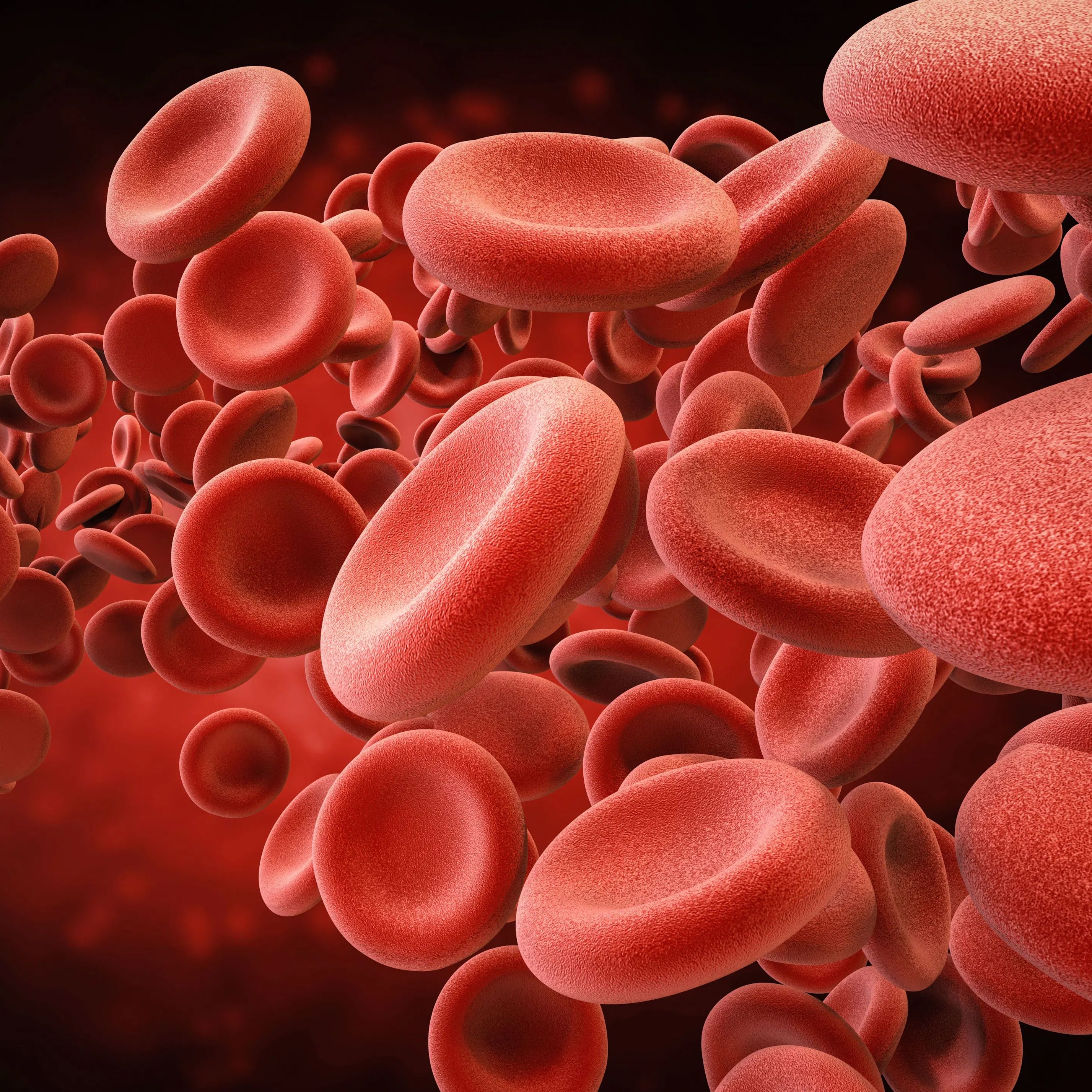Video
Mavacamten May Be a Game Changing Treatment for Hypertrophic Cardiomyopathy
Author(s):
In a new interview from ACC 2022, Florian Rader, MD discusses the potential of the new medication for HCM and the need to monitor safety signals over the long-term.
The use of mavacamten, a cardiac myosin inhibitor, for patients with symptomatic obstructive hypertrophic cardiomyopathy (HCM), showed continual and consistent benefits in quality of life and outcomes over the long-term, according to interim results from the EXPLORER-HCM extension study.
These late-breaking findings were presented at The American College of Cardiology (ACC) 2022 Scientific Sessions in Washington, DC.
In MAVA-LTE, the agent was associated with signficant improvements in left ventricular outflow tract (LVOT) gradients, as well as improvements in both NT-proBNP and NYHA class.
In an interview with HCPLive, lead author Florian Rader, MD, Co-Director, Clinic for Hypertrophic Cardiomyopathy and Aortopathies, Cedars-Sinai, highlighted the signficance of more data on the new medication class for HCM.
"What people were looking for, I think, is getting more long term safety data of this totally new medication class," Rader said. "And we found, luckily, that there are no new safety signals, no new concerns, there were a few cases of patients who dropped their ejection fraction below the protocol defined cutoff of 50%. All of these patients, the reduction in ejection fraction, all of these were reversible."
He noted the importance of the long term extension in determining that long exposure to the new drug does not cause increase incidence of low ejection fractions.
"Overall, I think these results are very encouraging that that this won't happen," Rader said. "But, we will follow those patients and make sure they're doing well over the entire follow up period of five years."
Rader additionally expressed his thoughts on mavacamten being a game changer for patients with HCM and prevent them from needing to undergo an invasive procedure.
"Since HCM was first described, more than 60 years ago, there really hasn't been any specific targeted drug therapy for this disease and mavacamten is now really the most promising candidate for this role."
Noting its potential approval at the end of April, Rader discussed what the uptake might be like for the agent.
"I think like with any new medication class, there will be probably larger HCM centers that will adopt this new medication probably a little bit more quicker than smaller practices," he said. "And it will also probably depend on how stringent the safety monitoring requirements will be for this new medication and price might also play a role."
"Updated Cumulative Results Of Treatment With Mavacamten From The EXPLORER-LTE Cohort Of The MAVA-LTE Study In Patients With Obstructive Hypertrophic Cardiomyopathy," was presented at ACC 2022.





